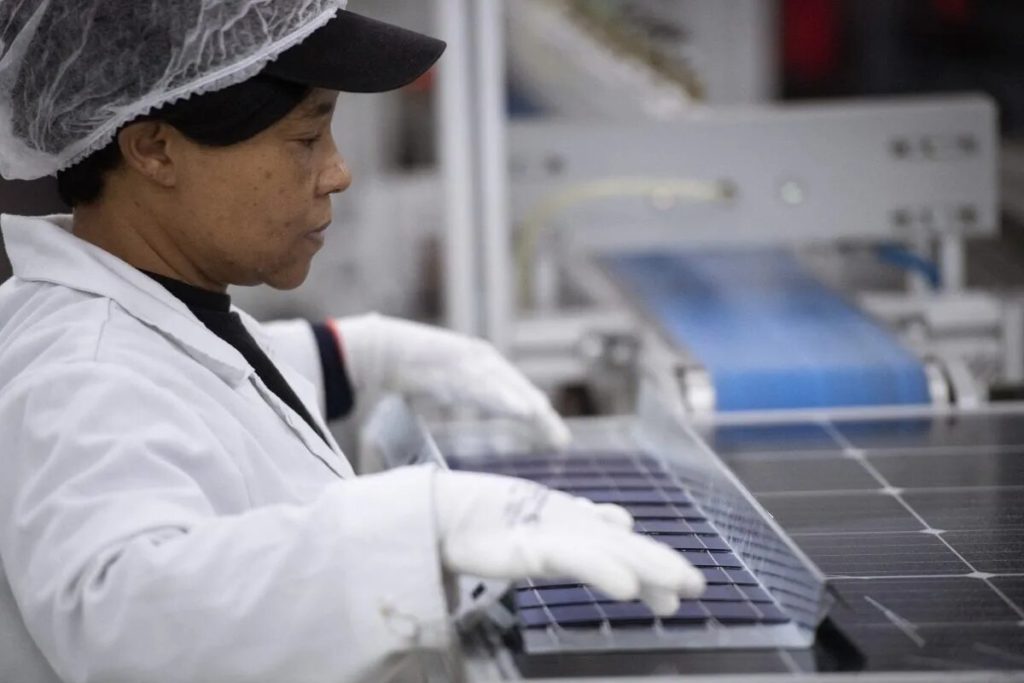More than six decades ago African leaders – newly free from the colonial yoke – determined to assert their countries’ economic and political autonomy and bridge the economic gap between Africa and the developed world. In important ways, this project has been successful – Africa’s cultural and intellectual traditions are now world-renowned, with our continent’s great writers and thinkers filling libraries from New York to Paris, and teenagers listening to our continent’s music from London to Los Angeles to Lahore . But Africa’s emergence as a cultural powerhouse has not, with notable exceptions, been matched in economic terms.
Vital economic metrics do not paint a portrait of success. Africa’s share of global trade, for example, has actually declined since the 1960s and 70s, from an average of 5% then to a contemporary figure of less than 3%. Meanwhile, Africa’s share of global manufacturing value-add has remained largely flat, witnessing only marginal growth in the last ten years. Africa’s fortunes are all the starker when compared to Asia – our development co-travellers in the 1960s and 70s – and its meteoric growth successes.


